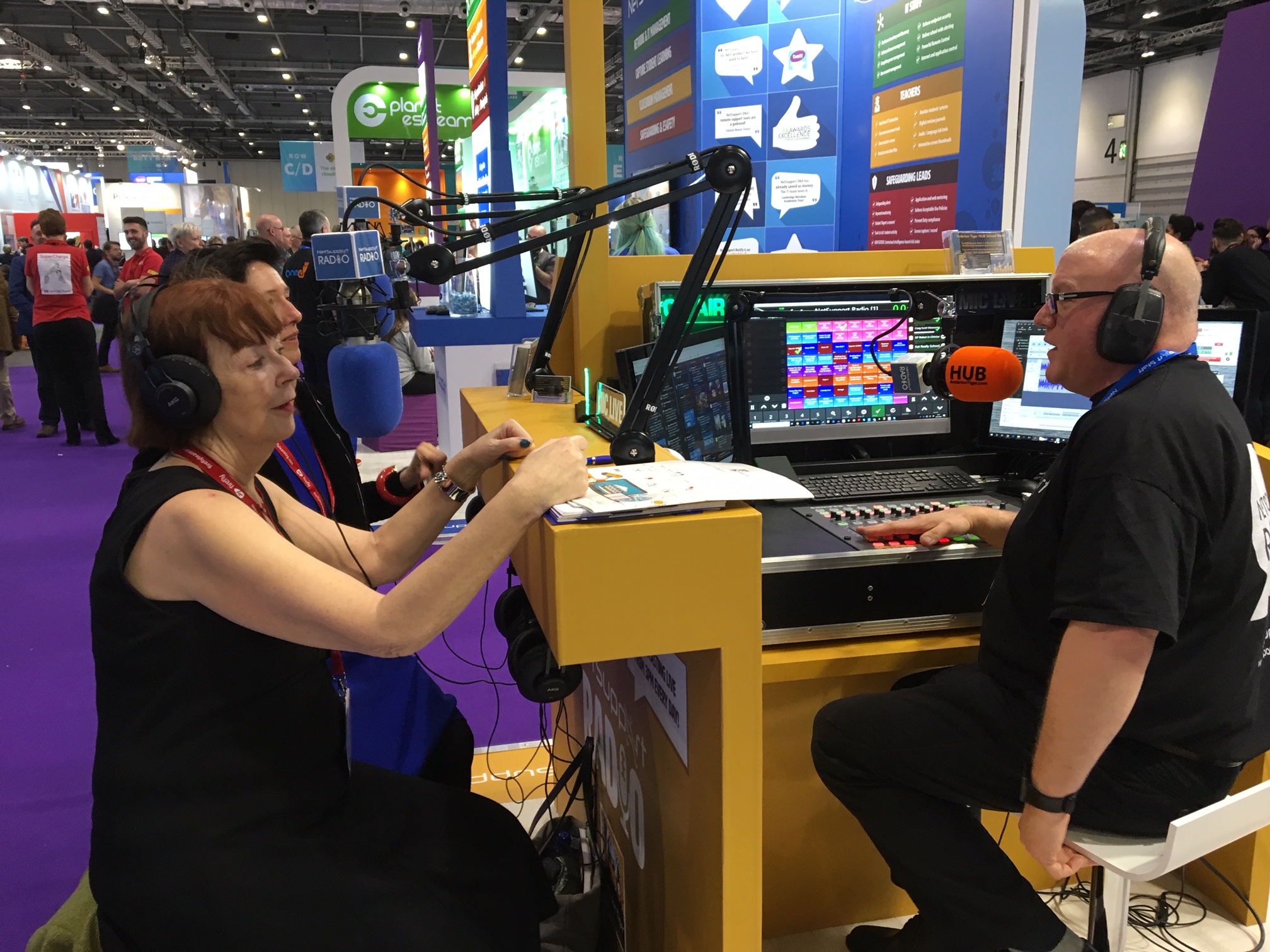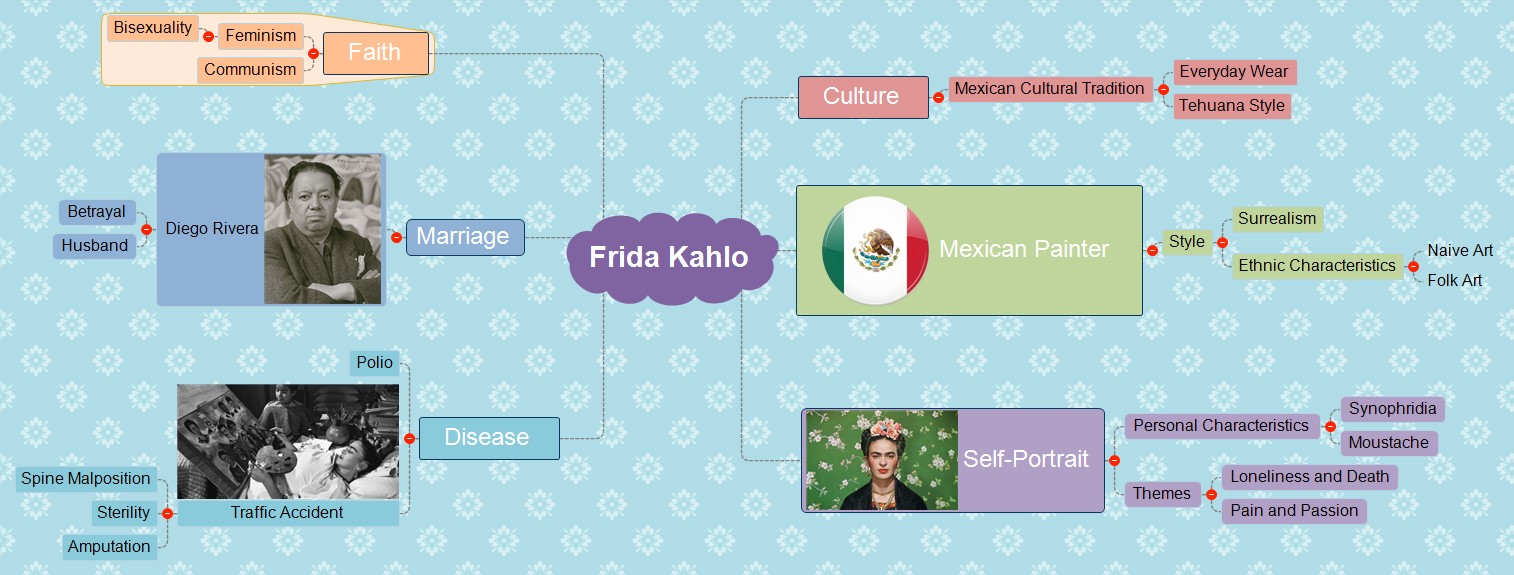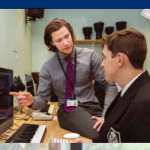HelpKidzLearn from Inclusive Technology is an award winning collection of software for people with the most severe disabilities. Not only is it a vital resource for learners in the UK, but also it is proving to be a firm favourite in the United States and 148 other countries. Now its success has been crowned by the Queen. To mark her 90th birthday she has given Inclusive Technology the most prestigious International Trade award in the UK – the Queen’s Award for Enterprise 2016.
Martin Littler, Chairman and CEO of Inclusive Technology, has been a pioneer in the field of technology for children and adults with severe learning disabilities (SLD), profound and multiple learning difficulties (PMLD) or those without speech who need alternative or augmentative communication (AAC) who perhaps can only make a single voluntary movement or sound.
 Last month the HelpKidzLearn development team received the 2016 Education Resource Award for Special Educational Needs including ICT for their work on harnessing Eye Gaze  technology to meet the needs of learners with complex needs. Eye-gaze technology is the closest equivalent we have to thought-operated hardware so far, and is already surprisingly affordable. Inclusive Technology’s myGaze costs just £875 and is having an impact not just on children but on adults as well.
Last month the HelpKidzLearn development team received the 2016 Education Resource Award for Special Educational Needs including ICT for their work on harnessing Eye Gaze  technology to meet the needs of learners with complex needs. Eye-gaze technology is the closest equivalent we have to thought-operated hardware so far, and is already surprisingly affordable. Inclusive Technology’s myGaze costs just £875 and is having an impact not just on children but on adults as well.
Just looking around a computer screen moves the mouse pointer and gazing at an area performs a click with no physical effort needed. Support workers can now use eye gaze to identify where the user is looking when different images, prompts or questions are asked, giving an insight into what users can see, what they are interested in looking at and some indication of their understanding skills.
Sean Carroll, IT/Assistive Technology Consultant at Sensation Communication and Technology Solutions, describes its impact: ‘James has sat in his chair since he was 19 with very little to occupy himself with, and even when at school I don’t think his independent access skills were attended to very much at all.’ Now with an Eye Gaze tracker James is able to access some online games and his parents are delighted to discover evidence of new skills.’
Yesterday Martin was on TV with his colleague Sandra Thistlethwaite who is a Specialist Speech and Language Therapist, and Dan Woodman, deputy head teacher at Richard Cloudsley School in London. They were talking to the presenter of London Live about the impact of the technology on children’s lives. 
‘Children need to play, have fun and communicate,’ said Martin, ‘but this technology also lets children who are non-verbal use on-screen symbols and words to build language, create messages and take part in conversations with families and friends. The award is a huge pat on the back for our team of developers, teachers and therapists.’
Martin and his managing director Sukhjit Gill will collect the award at a Buckingham Palace reception on July 14, 2016.


 % pass rate in Music GCSE – students have gone on to greater glory with Louisa Johnson winning the X Factor in 2015 and Ruti Olajugbagbe winning The Voice UK in April 2018.
% pass rate in Music GCSE – students have gone on to greater glory with Louisa Johnson winning the X Factor in 2015 and Ruti Olajugbagbe winning The Voice UK in April 2018. Their technology is supplied and managed by
Their technology is supplied and managed by  in England, Wales, Northern Ireland and Scotland including Seaview Primary School in Belfast, Ysgol Gyfun Gymraeg Bro Edern in Cardiff, and Acklam Grange Teaching School in Middlesborough. These pioneering schools, and others, will be helping to launch Edtech50 Schools and to spread the word across the whole of UK.
in England, Wales, Northern Ireland and Scotland including Seaview Primary School in Belfast, Ysgol Gyfun Gymraeg Bro Edern in Cardiff, and Acklam Grange Teaching School in Middlesborough. These pioneering schools, and others, will be helping to launch Edtech50 Schools and to spread the word across the whole of UK. Goddard said: “It is a key moment for edtech. Earlier this year, the Secretary of State for Education was clear that the power of technology could provide significant support to help students learn, reduce teachers’ workload and save money. There is great potential for edtech to help make a difference but it needs to be the right technology, implemented effectively, and with good support for staff. The Edtech 50 wants to shine a spotlight on the schools leading the way, which we hope can inspire other schools.â€
Goddard said: “It is a key moment for edtech. Earlier this year, the Secretary of State for Education was clear that the power of technology could provide significant support to help students learn, reduce teachers’ workload and save money. There is great potential for edtech to help make a difference but it needs to be the right technology, implemented effectively, and with good support for staff. The Edtech 50 wants to shine a spotlight on the schools leading the way, which we hope can inspire other schools.â€ Mark Anderson said: “I work with schools daily to help them get the very best they can from the edtech they have access to. The Edtech 50 Schools tour is about shining a spotlight on the schools in the UK that are doing amazing things every day to support, enhance and transform teaching and learning with technology to help children get the very best out of our education system.â€
Mark Anderson said: “I work with schools daily to help them get the very best they can from the edtech they have access to. The Edtech 50 Schools tour is about shining a spotlight on the schools in the UK that are doing amazing things every day to support, enhance and transform teaching and learning with technology to help children get the very best out of our education system.â€ Looking for awards to celebrate the achievement of some of those who work with children and young people?
Looking for awards to celebrate the achievement of some of those who work with children and young people? Autism with Attitude, a talented and successful street dance group based at the Uxbridge school, have made history by being the first ever special needs dance group to get to United Dance Organisations (UDO) European Championships. This year the championships are being held 11-13 May in Kalkar in Germany.
Autism with Attitude, a talented and successful street dance group based at the Uxbridge school, have made history by being the first ever special needs dance group to get to United Dance Organisations (UDO) European Championships. This year the championships are being held 11-13 May in Kalkar in Germany. I found that £500 goes a long way in Bangkok as my prize paid for four nights in a hotel, a half day guided tour of the city, canals and temples plus a full day visit to the River Kwai at Kanchanaburi to see the famous Bridge over the River Kwai, the Allied War Cemetery and Museum and a trip on Death Railway followed by an elephant ride.
I found that £500 goes a long way in Bangkok as my prize paid for four nights in a hotel, a half day guided tour of the city, canals and temples plus a full day visit to the River Kwai at Kanchanaburi to see the famous Bridge over the River Kwai, the Allied War Cemetery and Museum and a trip on Death Railway followed by an elephant ride. Last month the HelpKidzLearn development team received the 2016 Education Resource Award for Special Educational Needs including ICT for their work on harnessing
Last month the HelpKidzLearn development team received the 2016 Education Resource Award for Special Educational Needs including ICT for their work on harnessing 


